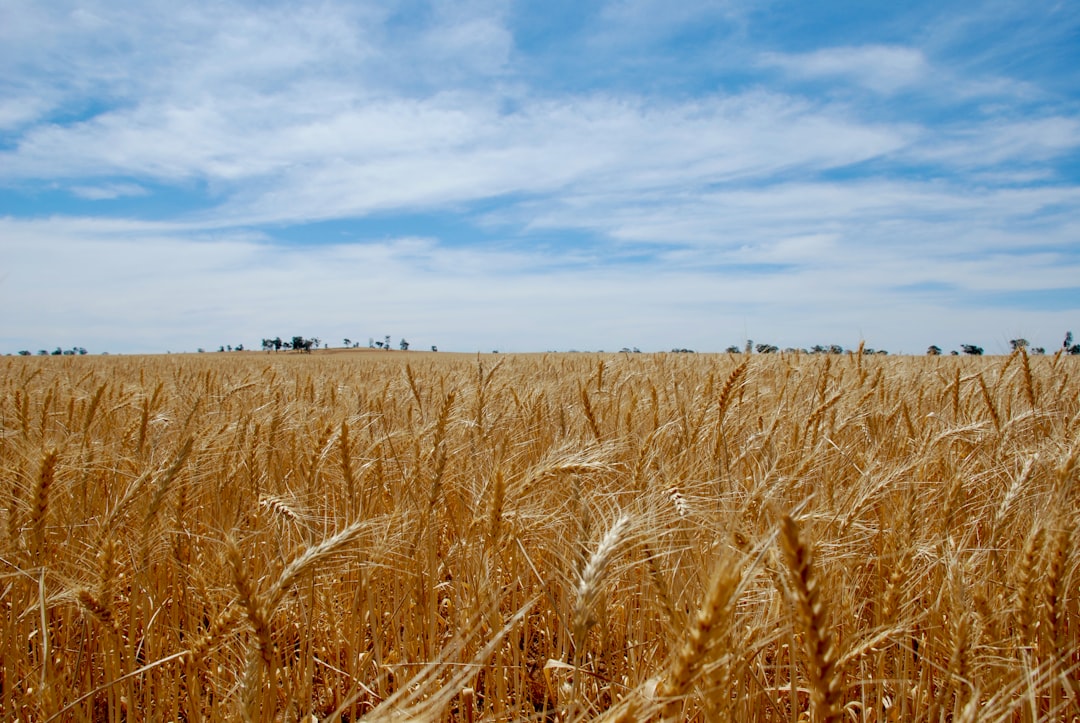Unlocking the Secrets of Wheat: Essential Vitamins, Fiber, and More
The Nutritional Benefits of Wheat
Wheat is one of the most widely consumed grains in the world, and for good reason. Not only is it a staple food in many cultures, but it also offers a variety of nutritional benefits. From providing essential vitamins and minerals to aiding in weight management, wheat is a versatile and nutritious addition to any diet. In this article, we will explore the many benefits of wheat and how you can incorporate it into your daily meals.
Essential Vitamins and Minerals

Wheat is a rich source of essential vitamins and minerals, making it a valuable addition to any diet. It is particularly high in B vitamins, including thiamin, riboflavin, and niacin, which are important for energy production and maintaining a healthy nervous system. Wheat also contains minerals such as iron, magnesium, and zinc, which are essential for maintaining strong bones and a healthy immune system.
High in Fiber
One of the most well-known benefits of wheat is its high fiber content. Fiber is essential for maintaining a healthy digestive system and can also help with weight management. Wheat contains both soluble and insoluble fiber, which can help regulate blood sugar levels, lower cholesterol, and promote feelings of fullness. Including wheat in your diet can help you meet your daily fiber needs and improve your overall health.
Versatile in Cooking
Wheat comes in many forms, making it a versatile ingredient in cooking. From whole wheat flour to wheat berries, there are endless possibilities for incorporating wheat into your meals. Whole wheat flour can be used to make bread, pasta, and baked goods, while wheat berries can be added to salads or used as a side dish. Wheat straw can also be used as a natural and eco-friendly alternative to plastic straws.
Gluten-Free Options
While wheat is not suitable for those with celiac disease or gluten intolerance, there are now many gluten-free options available for those who still want to enjoy the nutritional benefits of wheat. These options include gluten-free flours made from alternative grains such as rice, quinoa, and buckwheat. These flours can be used in place of wheat flour in many recipes, making it possible for those with dietary restrictions to still enjoy the benefits of wheat.
1944 Wheat Penny No Mint Mark

For coin collectors, the 1944 wheat penny with no mint mark is a highly sought-after item. This rare coin was accidentally produced without a mint mark and is now worth a significant amount of money. While this may not be a nutritional benefit of wheat, it is an interesting fact to note for those interested in coins and currency.
In conclusion, wheat offers a variety of nutritional benefits and can be easily incorporated into your diet. From essential vitamins and minerals to its versatility in cooking, wheat is a valuable addition to any meal. Whether you choose to enjoy it in its traditional form or opt for gluten-free alternatives, wheat is a nutritious and delicious grain that can benefit your overall health.